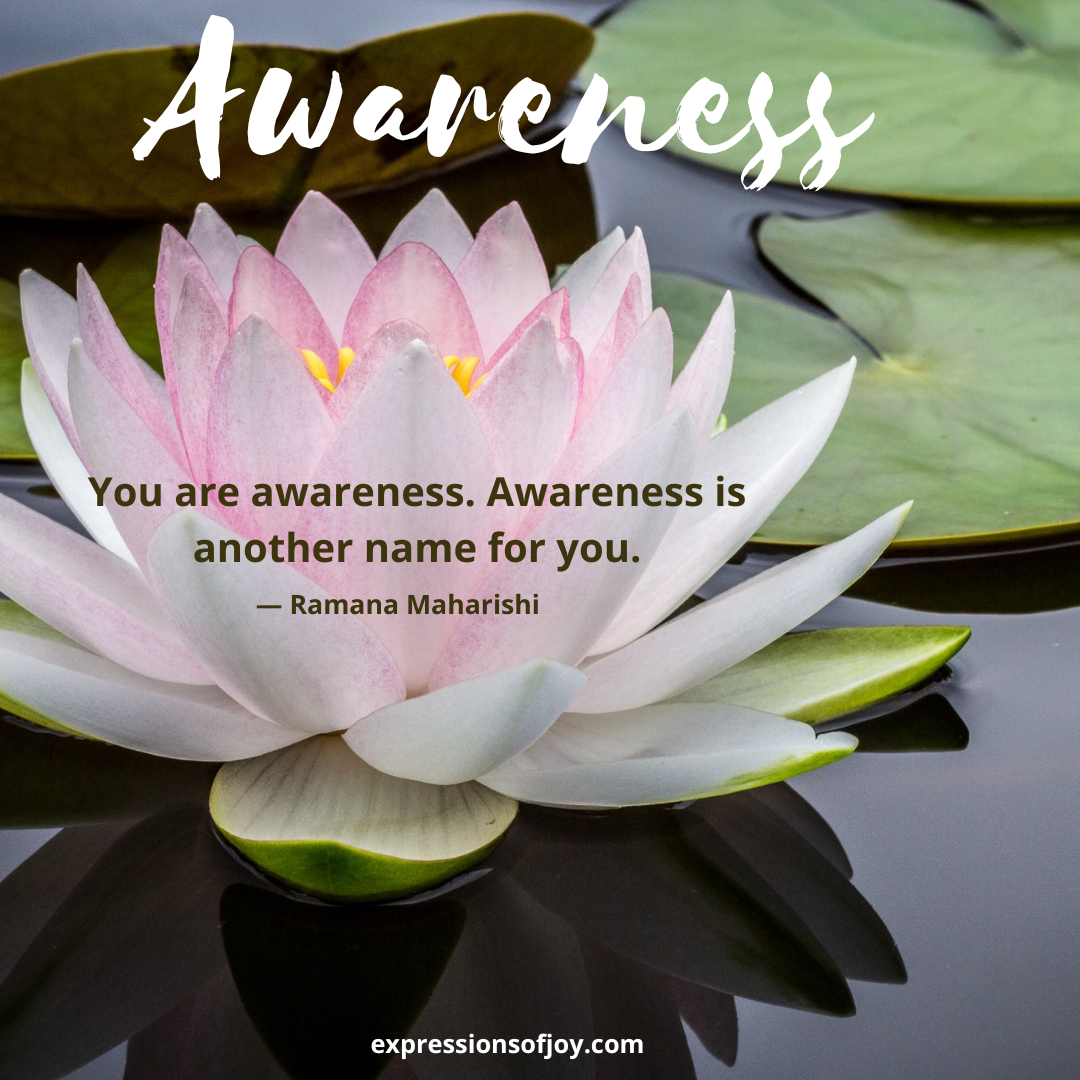Never Entertain Negativity: Part 2
It’s a stiff requirement: to shield our mind from negative thoughts at all times and in all places. Why this teaching from the Bal Shem Tov? Because it is in our thought that we are tempted to bow down to a seeming power or presence apart from G-d.
This darkness of thought obscures our conscious at-one-ment with the Divine. Without enlightened thought, there is no practical enlightenment.
How do we handle negativity such as hatred, anger, revenge, resentment, or dishonesty? Rabbi Menachem Mendel Schneerson, the Lubavitcher Rebbe says,
If a negative thought
should arise in your mind,
be still until you have chased it away.…¹
Distract your mind to good thoughts,
productive thoughts, thoughts of confidence
in the One who made you…²
This return takes place in thought. It’s a ‘journey of awe’ we must make daily, sometimes moment-by-moment. It is important to note that this involves choice of thought, not control of thought. Even when the mind races with anger or fear. we have a choice. Scholar and author Daniel Matt quotes the Zohar’s Sefer Yetsirah:
If your mind races,
return to the place,
return to where you were before thought.
Return to the site of oneness.³
This oneness as the Mind of God is our protection, a shield as described in the 91st Psalm. With this divine consciousness we think from the Source of thought which knows only good. This is not mere positive thinking; it is divine thinking.
Rabbi Greg Wolfe explains that,
This increased consciousness
is called by the Jewish mystics Mochin de Gadlut,
literally, a ‘bigness of mind.’
When we expand our capacity for awareness,
through prayer, reflection,
and simply paying closer attention,
we…respond to more of life more fully…
We are able to grow in wisdom,
understanding and compassion.⁴
These are attributes of G-d. Limited awareness, on the other hand, gives rise to wrong speech and action. This is deadly. The Talmud says,
Evil talk kills three people:
the speaker, the listener,
and the one who is spoken of.⁵
We find a similar sentiment in the Bible from the Apostle Paul:
Wherein thou judgest another,
thou condemnest thyself.
— Romans 2:1
Chabad.org’s commentary, inspired by the Rebbe’s teaching, says: “The speaker obviously commits a grave sin by speaking negatively of his fellow. The listener, too, is a partner to this evil. But why is the one who is spoken of affected by their deed? Are his negative traits worsened by the fact that they are spoken of?
“Indeed they are. A person may possess an evil trait or tendency, but his quintessential goodness, intrinsic to every soul, strives to control it, conquer it, and ultimately eradicate its negative expressions and redirect it as a positive force. But when this evil is spoken of, it is made that much more manifest and real. By speaking negatively of the person's trait or deed, the evil-speakers are, in effect, (creating the [seeming] reality); with their words, they grant substance and validity to its negative potential.
“The same applies in the reverse: speaking favorably of another, accentuating his or her positive side, will aid him to realize himself in the manner that you have defined him.” ⁶
This is thought that heals. The Rebbe says, “Thinking has a profound effect. So does not thinking. A mind obsessed with yesterday’s travesties, today’s aches and pains, and tomorrow’s dark clouds, creates problems where none exist.
“It transforms daydreams into realities, molehills into monstrosities, innocent creatures into venomous snakes. All the more so when such words pass the lips into the tangible world we all share. That is why simply turning your back to those thoughts is such a powerful form of healing—for every sort of illness.
“Distract your mind to good thoughts, productive thoughts, thoughts of confidence in the One Who Made You, and especially thoughts of Torah. Heal your mind and heal your soul. You will heal your body as well.” ⁷
Healing is the revealing of our eternal at-one-ment with G-d. Let us say, as G-d does:
The thoughts I think towards you
are of peace, and not of evil.⁸
At-one-ment with G-d’s holy thought is the Malchus Shamayim—the Kingdom of Heaven—on earth.
“The same applies in the reverse: speaking favorably of another, accentuating his or her positive side, will aid them to realize themselves in the manner that you have defined.”⁹ This is thought at-one with God’s thought—thought that uplifts and heals.
Waves of the Ocean
[1] Tzvi Freeman, Advice on Thoughts, https://www.chabad.org/library/article_cdo/aid/148229/jewish/Advice-on-Thoughts.htm • 05.04.2022
[2] Tzvi Freeman, The Power of Not Thinking, https://www.chabad.org/library/article_cdo/aid/148239/jewish/The-Power-of-Not-Thinking.htm 05.04.2022
[3] Daniel C. Matt, The Essential Kabbalah: The Heart of Jewish Mysticism, (HarperSanFrancisco, 1994), p. 108, see also note for “Aloneness and Abundance” p. 199
[4] Rabbi Greg Wolfe, Congregation Bet Haverim Yom Kippur Day 5761, Davis, CA 10.09.2000
[5] chabad.org PARSHAH IN A NUTSHELL: Week of April 7-13 (Tazria-Metzora) Wed 4.10.2002 • Chana Weisberg, Your Words Can Make or Break Someone, https://www.chabad.org/theJewishWoman/article_cdo/aid/4322275/jewish/Your-Words-Can-Make-or-Break-Someone.htm • 06.21.2019
[6] chabad.org PARSHAH IN A NUTSHELL: Week of April 7-13 (Tazria-Metzora) Wed 4.10.2002
[7] Tzvi Freeman, The Power of Not Thinking, https://www.chabad.org/library/article_cdo/aid/148239/jewish/The-Power-of-Not-Thinking.htm • 05.04.2022
[8] Jeremiah 29:11 JPS
[9] chabad.org PARSHAH IN A NUTSHELL: Week of April 7-13 (Tazria-Metzora) Wed 4.10.2002 • [them] replaces “him,” [themselves] replaces “himself,”
Negativity: Part I includes edited excerpts
from Never Entertain Negativity featured in
From The President’s Study
High Holy Days Newsletter 5763
Congregation Beth Shalom, Fairfield, Iowa, September 2002
© Copyright 2002 Joy Hirshberg
All rights reserved.
If you enjoyed this article,
you are invited to share the link.




